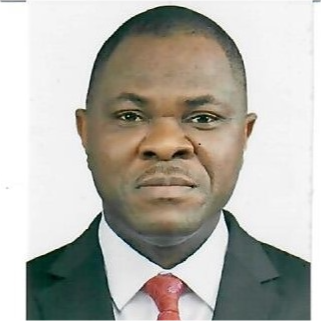Program 2025
-
Opening Ceremony
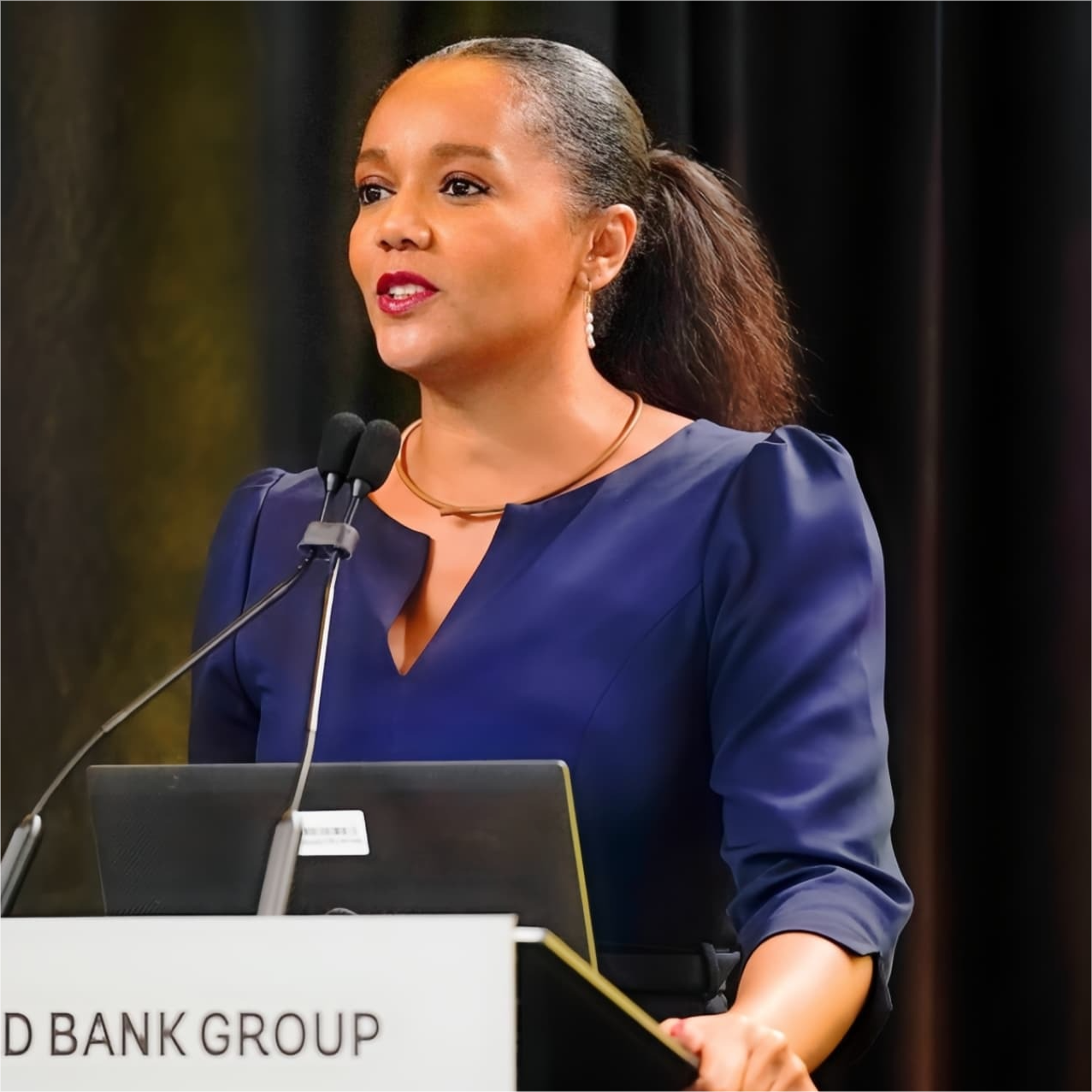
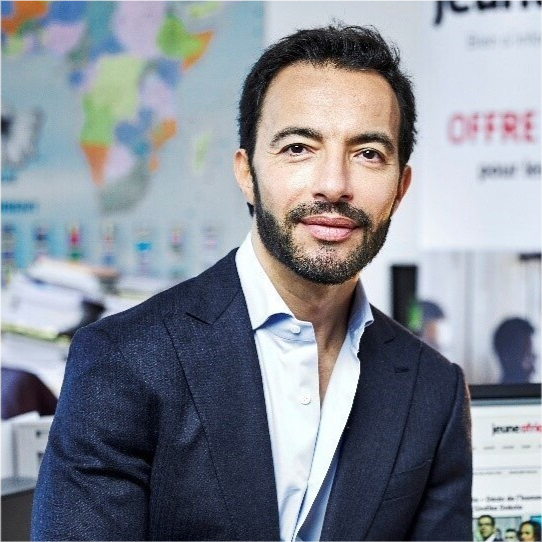

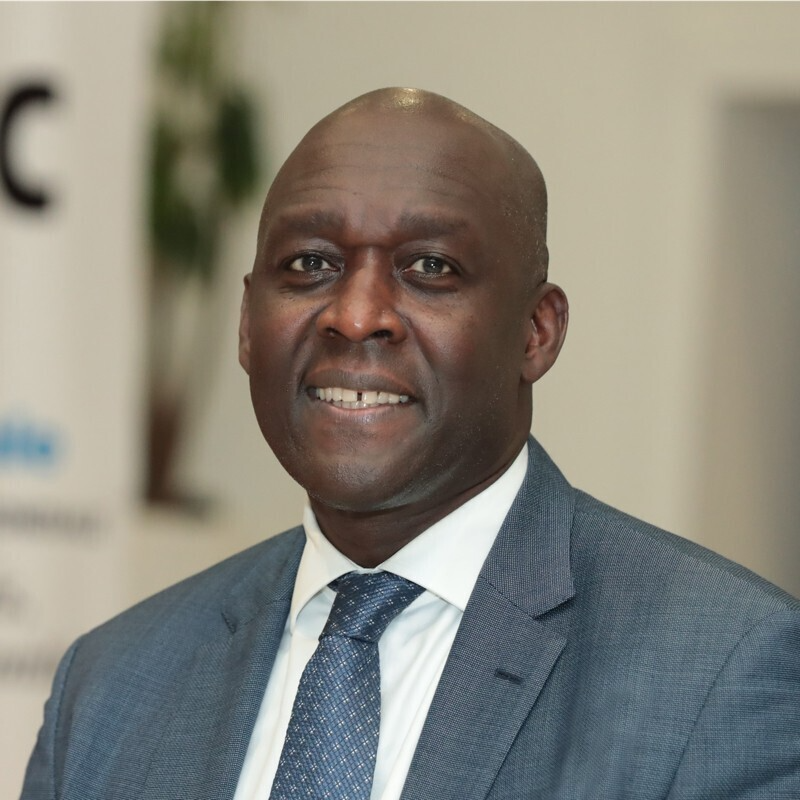
-
Opening Panel | Africa doesn’t need saving – it needs Its own savings: Unlocking domestic capital for a future we own
“External dependency is not a good development strategy,” warns AfDB in its 2025 economic outlook. Despite last year’s 75% FDI surge, leaner times loom as US tariffs and geopolitical rifts trigger aid cuts and subdue global economic activity. Africa must look within to trillions in untapped domestic capital – in pension funds, sovereign wealth vehicles, insurance assets, commercial banks, fintech platforms, and foreign exchange reserves – while leveraging hybrid instruments and transforming 1.55bn Africans into active capital market participants. How can a debt-burdened continent harness this vast capital pool and growing population to build financial sovereignty and fund under-resourced MSMEs, vital energy infrastructure, and digital innovation?
Key points:
- Institutional capital: What business case will lure insurance, pension and sovereign wealth funds from their heaven of government debt into backing private sector growth?
- How can the financial sector support local champions in sectors where international companies dominate: natural resources, energy, logistics, trade finance?
- Where can fintech and digital platforms have the greatest impact in channelling domestic savings into productive investments?





-
Panel | Who controls African trade finance - and why isn’t it African banks?
Pan-African banks could become the go-to providers of correspondent banking for intra-African trade and exports to Africa – spaces dominated by international clearing banks. Yet thin FX reserves, weaker credit ratings than global peers, and risk perceptions hinder progress. As domestic banks expand into global financial hubs, fill gaps left by global bank exits, and back systems like PAPSS that bypass third-party currencies, how can they grow trade finance share without over-relying on DFIs? What past experiences, especially in former Asian emerging markets, could prove valuable?
Key points
- Trade within Africa: How can SME collateral and credit data gaps be tackled so African banks can lead in clearing cross-border SME trade finance?
- Trade to Africa: What trust barriers and governance will make African banks the correspondent partner of choice for global exporters to Africa?
- Which embedded finance and innovative digital offerings can position domestic banks as leaders?

-
Strategic Roundtable | Microfinance: Breaking free from debt-driven models
Microfinance institutions (MFIs) face a regulatory divide across Africa: some can collect deposits, others are restricted to lending – shaping how they serve clients and fuel growth. In credit-only markets, MFIs must turn to alternative sources of capital, such as loans, bonds, or securitisation, raising important questions about long-term sustainability. Even where savings mobilisation is allowed, many MFIs still rely heavily on debt, with savings-to-loan ratios often falling below 50%. A roundtable of MFIs, DFIs and regulatory bodies explores why debt continues to dominate funding models and how the sector can shift towards a more balanced approach.
Key Points- Which types of consumer protection frameworks can build trust to unlock deposit mobilisation and reduce reliance on debt?
- How can digitalisation offer new pathways to scale up savings?
- To what extent can regulatory reforms safely open the door to deposit mobilisation?
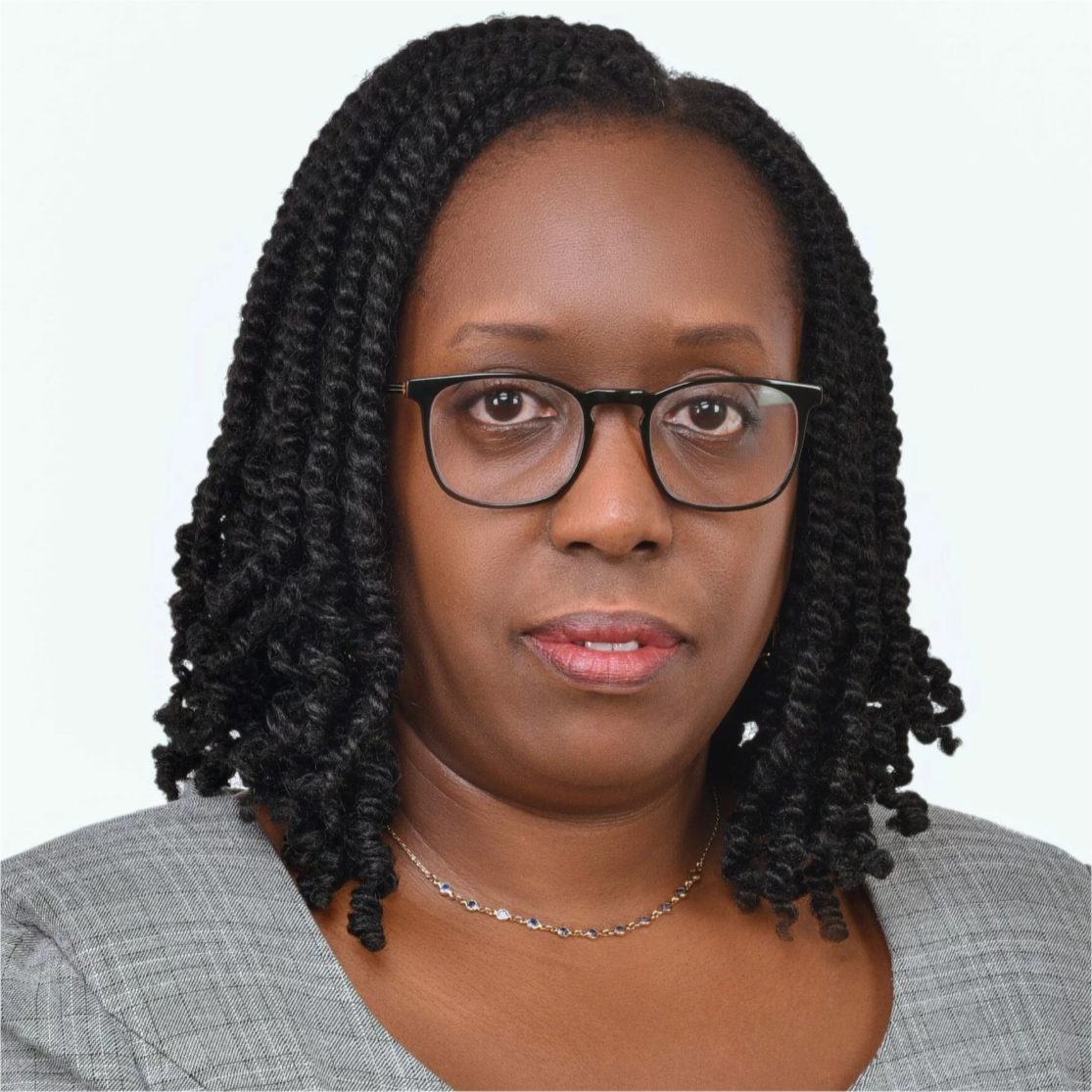


-
Strategic Roundtable | From deal to listing: Preparing private equity exits through capital markets
Only around 10% of Private Equity (PE) exits in Africa came via IPOs in 2024—undermining stock market development—while trade sales and secondaries continue to dominate. One overlooked barrier to IPOs is internal: most portfolio companies are not structured to become listed entities. Some investors like Mediterrania Capital Partners have however engineered successful IPOs on the Casablanca Stock Exchange by embedding exit-readiness early – through governance upgrades and public-market-aligned reporting. This roundtable gathering investors and regulators explores how to turn IPOs into a credible exit path across African markets.
Key Points:
- What listing-readiness processes – governance, audit, transparency, investor engagement -should PE firms embed from day one?
- How can African exchanges co-develop tailored exit pathways via phased IPOs, mid-cap segments, simplified disclosure regimes?
- What collaborative tools, such as GP–stock exchange dialogues, early listing diagnostics, and capital market alliances, can accelerate IPO adoption?
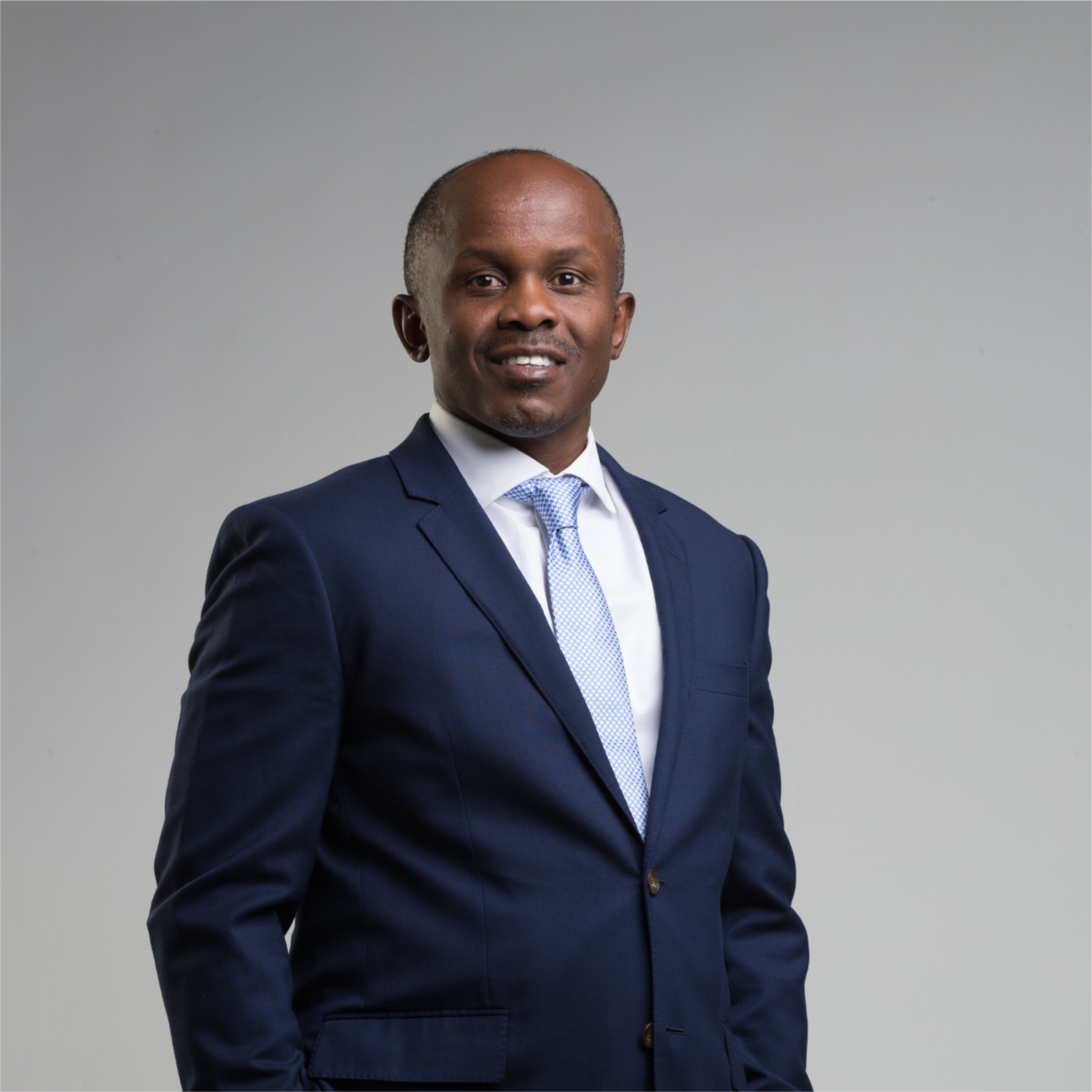


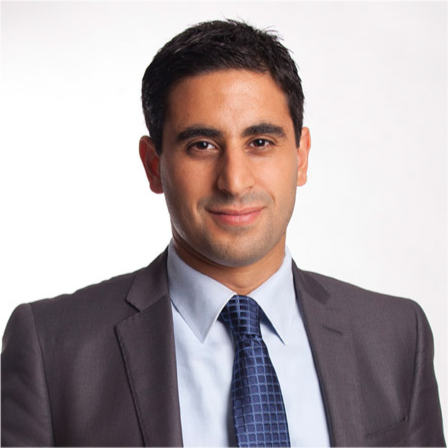

-
Insurance Supervisors Panel | How to tackle Africa's sub 3% insurance penetration rates?
Just over two-thirds of African insurance CEOs surveyed by ContinentalRe say penetration rates do not matter to them, revealing a troubling disconnect between market behaviour and public policy priorities. African insurance penetration (2.4% for life; 1.1% for non-life) is below global norms, and much lower outside South Africa, leaving millions exposed to climate, health, and income shocks. In agriculture, less than 3% of African smallholder farmers are covered. Meanwhile, informal schemes like tontines or Harambees are still the default safety net for rural and peri-urban households. To close this gap, regulators must build capacity, digitise supervision, and connect informal practices with formal markets. What coordinated push will finally unlock inclusive, resilient insurance at scale?
Key Points :
- How can government–supervisor collaboration turn agriculture and informal sector penetration into a profitable private sector business opportunity?
- What regulatory levers (mandates, digital onboarding, premium subsidies) can scale micro & agriculture insurance?
- How can informal groups be integrated into formal systems, combining trust, reach, and supervision?

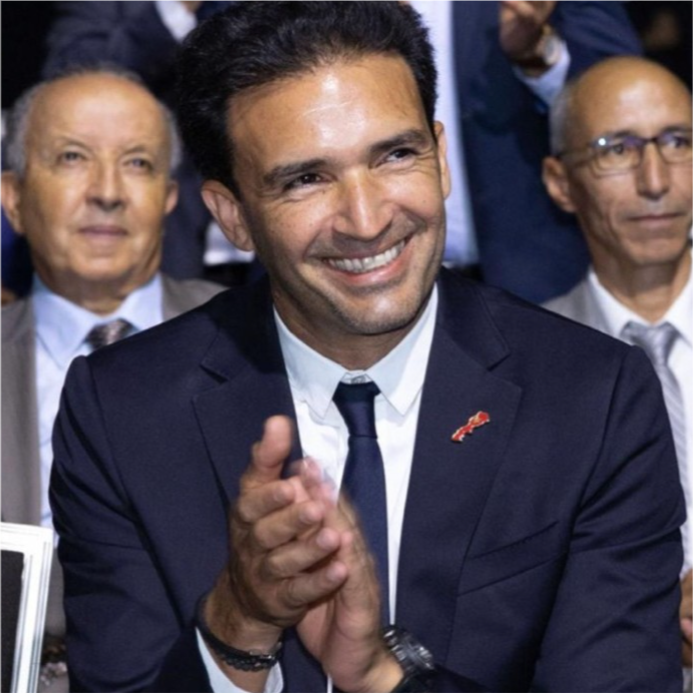

-
Panel | Mobilising domestic savings into the local economies: What's stopping institutional investors?
African institutional investor (pension funds and deposit and consignment funds) assets now exceed $230 billion. Yet less than 10% of pension funds is invested in domestic capital markets outside South Africa and Nigeria – and just 1.5% in infrastructure or alternatives. In Uganda, listed equities represent under 1% of institutional holdings despite pension assets equalling 12% of GDP. Most capital remains in short-term government securities due to regulatory ceilings, shallow markets, and high transaction costs. By contrast, pooled consortia of pension funds, insurers and sovereign wealth funds in Kenya and South Africa have mobilised $500 million for infrastructure in just three years. In Morocco, the Caisse de Dépôt et de Gestion demonstrates how deposit and consignment funds can serve as catalysts for local financing, channeling long-term savings into territorial development, SME financing, and strategic infrastructure projects. What will it take to truly maximise African domestic institutional capital?
Key Points
- Which market instruments can unlock institutional investment – green bonds, securitised infra, SME debt funds?
- How can pooled regional platforms and credit enhancements address scale and liquidity barriers?
- What reforms are needed to expand long-term allocations—without breaching solvency or return thresholds?


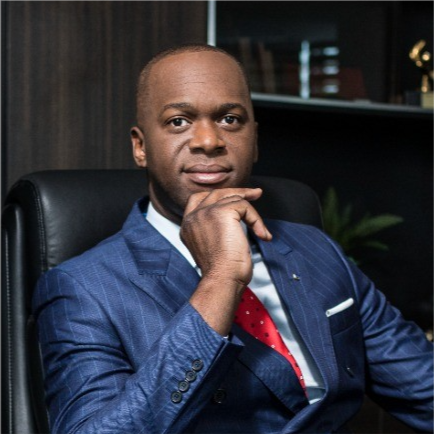
-
Disrupters Club Panel | Co-designing AI-driven MSME finance with bank, fintech and MFI partnerships
Bank–fintech and microfinance institution (MFI) collaborations delivering digital banking, credit and payment products to Africa’s 44 million MSMEs live or die by how they’re structured. Some have collapsed due to profit sharing disputes and competitive tensions. Others, like Safaricom and NCBA’s M-Shwari have been vastly successful. Agreeing on profit and data sharing, allocating liability for fraud or credit risk, and ensuring seamless API integration can make-or-break partnerships. From AI-powered credit scoring to real-time digital payment systems that generate the transaction histories MSMEs need to qualify for credit, how can partnerships be structured to plug Africa’s $330 billion SME financing gap?
Key points- What are the key determinants of a winning fintech-MFI-bank partnership?
- Could fintechs and telcos growing to the scale of traditional banks, and banks enhancing their own fintech capabilities, threaten the future of partnerships?
- How can the new frontiers for AI in credit scoring, detecting customer transaction patterns and fraud support MSMEs at scale?





-
Strategic Roundtable | Climate shock cover: How to expand regional climate risk pools
Deeper risk pools at regional level may be required to cover insurers’ liabilities to increasingly frequent floods and droughts amid high reinsurance costs. The African Union’s African Risk Capacity, the COMESA-backed Africa Nature Risk Pool, and Morocco’s $275 million Solidarity Fund – funded via a levy on non-life policies – have emerged to reinforce insurance underwriting capacity and expand cover. But as Old Mutual last year projected a 10% premium hike across all products due to climate events, additional capital may be needed to keep insurance affordable as weather-related claims soar. A roundtable examines how regional cooperation among insurers, reinsurers, governments and DFIs, could strengthen or establish new risk pools.
Key points
- Smallholder farming, corporate property damage: Which policies and insurance penetration initiatives urgently need new or expanded risk pools?
- Levies on policies and development finance: Where will capital for risk pools come from?
- African Risk Capacity, AU, regional blocs, BRICs: Which platforms will be the basis of future regional or pan-African risk pools?
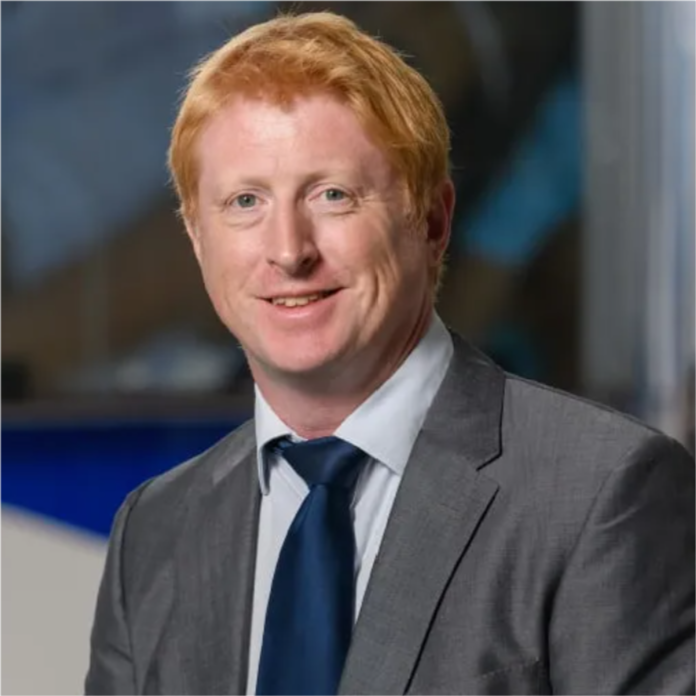
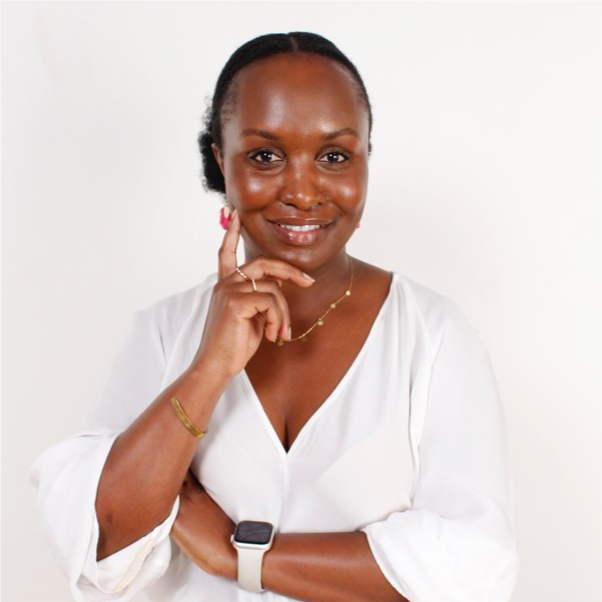


-
Conversation With | Challenger banks: The neobanks disrupting the status quo
Digital-only banks are booming, with unicorns like MNT-Halan, TymeBank, and Moniepoint now joined by legacy giants (Old Mutual’s OMBank, Ecobank’s Fingo) and global players eyeing the market (Revolut in North Africa). These neobanks aren’t toppling the top-tier banks but are thriving in underserved segments and edging out lower-tier banks and microfinance institutions with user-friendly digital wallets and alternative credit scoring. But with many still operating at a loss, are their models built to last? Two of Africa’s leading neobanks reveal what’s next, and how they plan to scale sustainably.

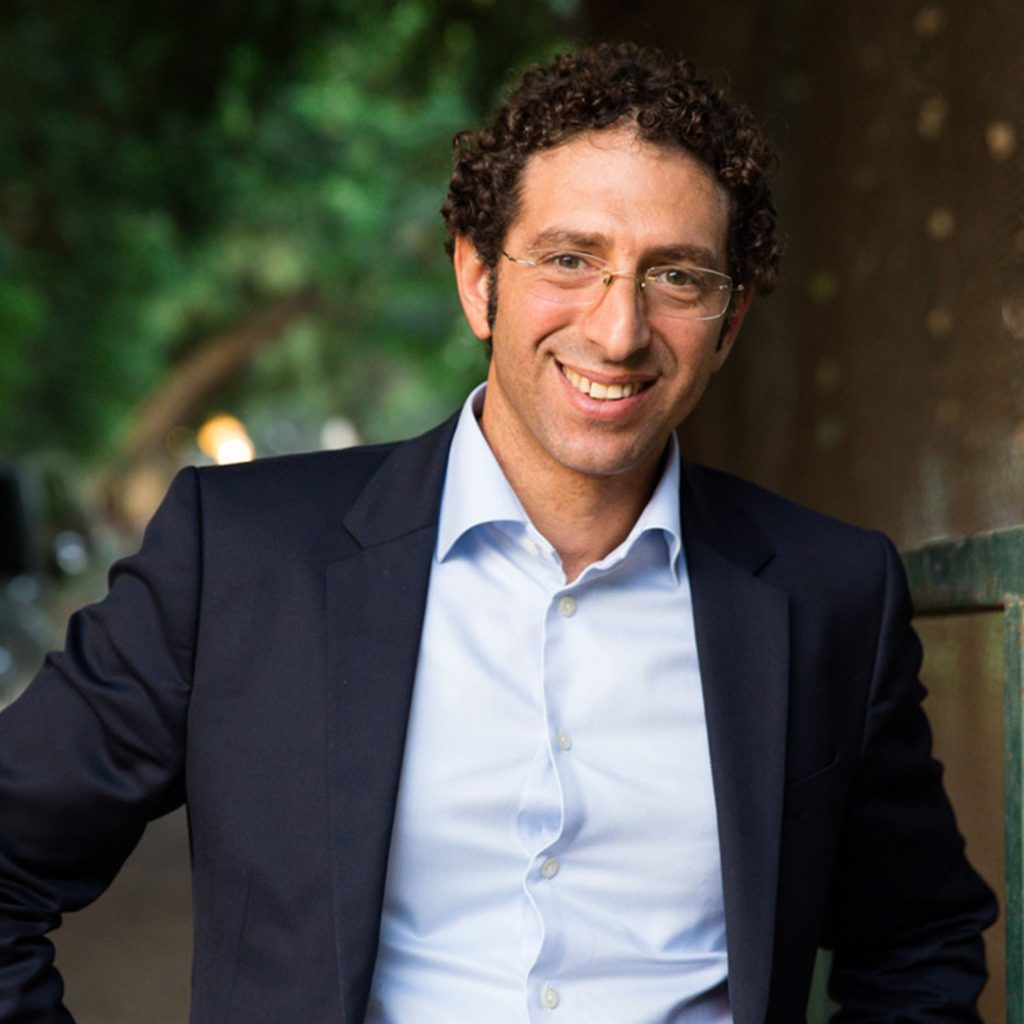
-
Panel | Reviving African stock markets: Forging publicly-listed family businesses with pan-African ambitions
Family-owned businesses make up 70% of Africa’s private sector yet they are underrepresented on stock markets, limiting their access to long-term capital. Boxer (raising $471m), Shri Krishana Overseas Ltd.’s recent listing on the Nairobi Securities Exchange, and WeBuyCars listings in South Africa prove investor appetite exists for family-rooted firms. On the Bourse de Casablanca, family-owned businesses like TGCC, AKDITAL and Vicenne have raised than $250 millions in the last few years. But IPOs in Francophone West Africa have been rare since NSIA Group’s 2017 listing. Fear of losing control, valuation uncertainty, and limited advisory support continue to deter IPOs. How can exchanges evolve into full-service partners- offering adapted listing structures (e.g., dual-class shares, phased IPOs), governance tools tailored to African realities, and cross-border listings through the AELP?
Key points:
- How can African family businesses access public markets while preserving strategic control and long-term decision-making power?
- In what ways can stock market listings become effective tools for intergenerational succession, governance and the professionalisation of family-owned enterprises?
- What frameworks and innovations must African stock exchanges implement to support the regional expansion of family businesses and attract long-term, patient capital?
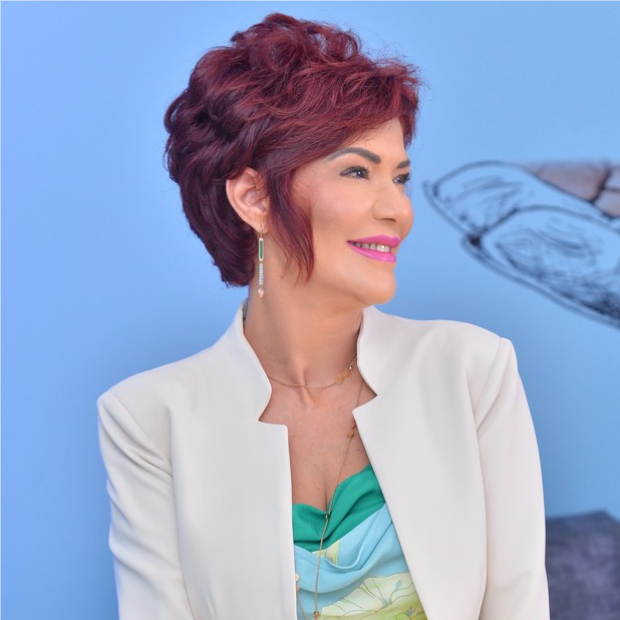
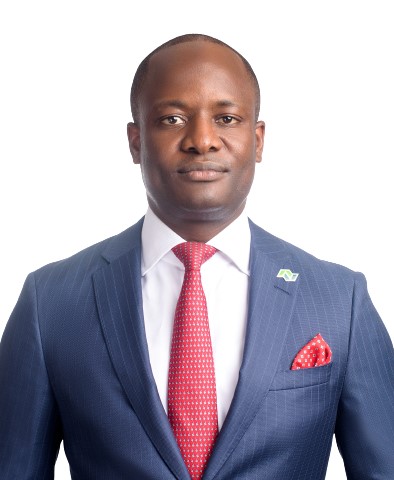

.jpg)
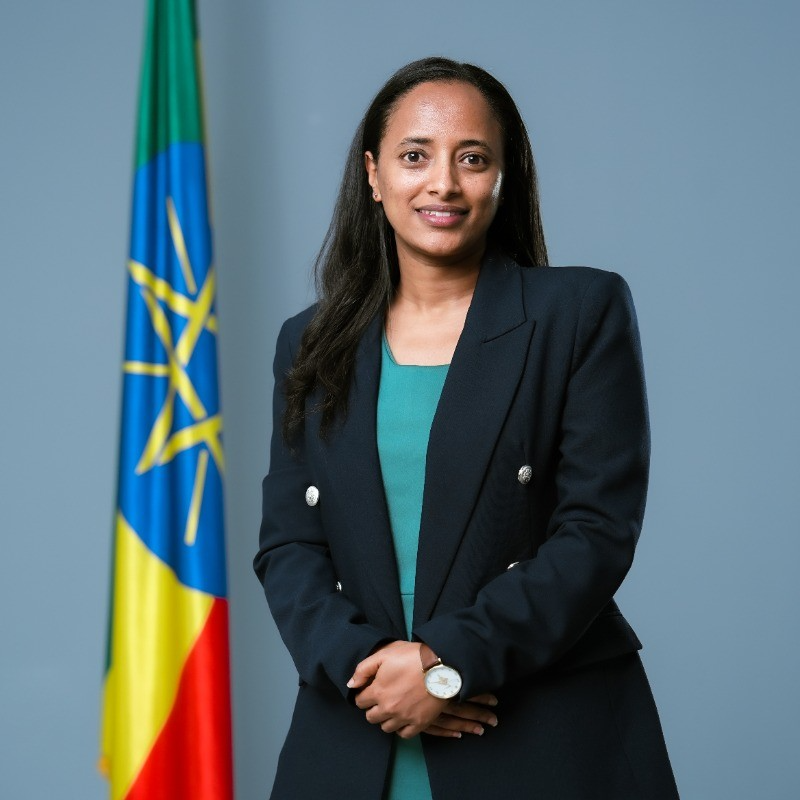

-
Panel | On the frontline of fiscal strain: How can financial firms manage sovereign debt exposure?
Banks, insurers, and asset managers are increasingly exposed to sovereign debt as African governments face mounting repayment burdens – draining 50% of public revenues in 2024 alone. Fears are rising that some nations may pressure institutions to subscribe to more sovereign debt, at the expense of private sector financing. While governments securities have been seen as safe bets, deeper engagement in current conditions could leave industries locked in what academics call a “deadly embrace” with government – exposing them to the fallout of currency crashes and debt restructurings, as seen recently in Ghana. How should the financial sector mitigate these risks? What measures and tools are needed to support diversification away from sovereign debt to private sector investments?
Key points:
- How far can governments lean on commercial banks without tipping the system?
- To what extent should financial players diversify away from sovereign debt given the 2026 public debt outlook?
- Hedging, credit insurance & portfolio diversification: What’s the strongest risk strategy banks can build?

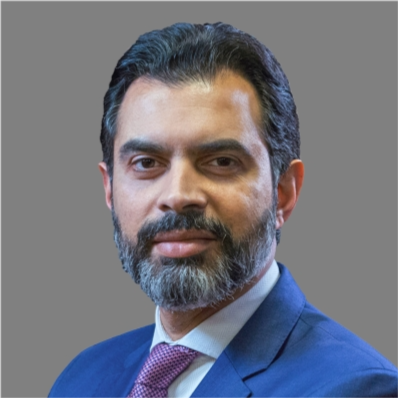
-
Panel | NPL breathing room: How could expanded secondary markets ease pressure on banks?
Secondary markets for non-performing debt could support African countries confronting high NPL ratios – ~16% in Kenya and CEMAC, 9% in WAEMU. Removing regulatory and legal hurdles would allow banks to transfer impaired assets to private sector investors- an approach that proved successful in EU states post-2008 financial crisis. Attracting buyers would require favourable regulatory and legal frameworks, addressing pricing gaps and data availability. A roundtable of banking regulators, distressed asset investors, servicers, and commercial banks will discuss building dynamic NPL markets in the continent.
Key points- The loan data quality and debt enforcement needed to attract NPL buyers
- Structuring investment vehicles that facilitate sales and resolution of NPLs
- Best resolution practices and out-of-court resolution


